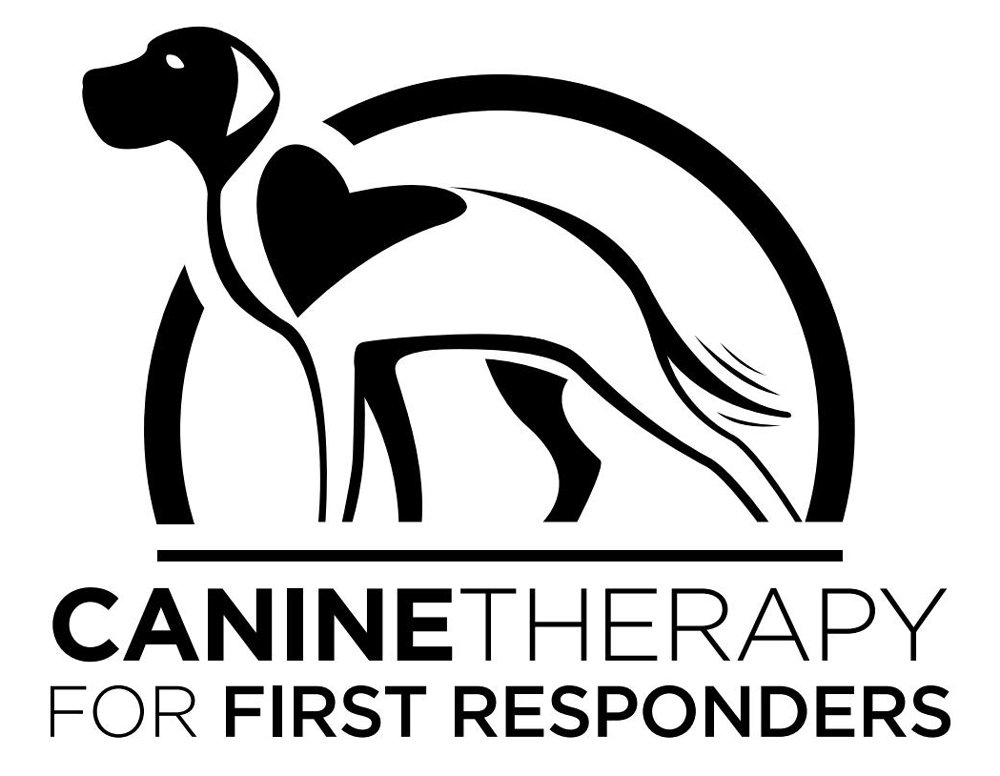
Who we are
Canine Therapy for First Responders Agency provides a free Certified Service Dog program across all four Atlantic Provinces to Canadian Armed Forces Members, CAF Veterans, as well as First Responders across all fields (Police, RCMP, Fire Services, Department of Safety and Security, etc).
Additionally offered is a two tier K9 Facility Dog program to individual First Responder agencies/stations (for FREE as well) as a mental health aid for their Members, a connection to community, along with the important roles of supporting victims of crime throughout a judicial process.
Our Accomplishments
Created an organization recognized as leaders with K9 programs for CAF Members, Veterans and First Responders in Atlantic Canada; for free to ensure accessibility.
Introduction of CTFFR Standards for Service Dogs & Facility Dogs established at higher than required International standards; a documented extensive calibrated certified testing process with minimum training requirements, lifetime support, and handler peer program.
Collaboration with Canadian Veteran Service Dog Unit (CVSDU is a registered Canadian charity) working under an intermediary agreement to support Atlantic and Ontario’s growing demand and needs.
Five-tier trained dogs – community/higher calibre trained dogs specific to industry, individually trained to each participants actual needs (ex. community Policing/Fire services)
Developed positive bridge to community on multiple engagement levels – from community events to social platforms.
Funds and donations raised over six years are $103,000.00 (100% returned to programs) supporting 61 paired teams (sixth year). For comparison, industry trend costs are $30K-60K per K9.
Volunteer driven including trainers, administrators and K9 team handlers.
Participate in industry focused events focused on whom we work to represent.
Our impact
Improved mental health impacts of roles our heroes face daily, and after their careers.
Wellness, awareness, education.
Improved work environments, support to victims of crime within the Justice process.
Increased community participation activities.
Increased community to department engagement.